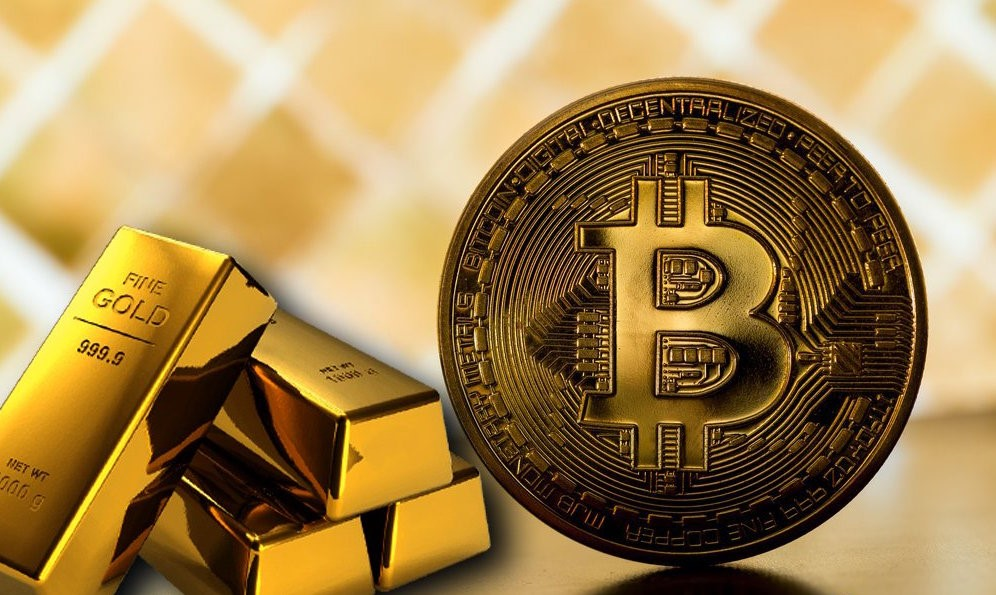Former IMF Chief Economist Says Digital Currencies Would Transform the Financial System, Compares Bitcoin to Gold

With the current state of global economy, there’s been a hot debate about the place for digital currencies in the global financial system. even traditional economist have started warming up to cryptocurrencies and have acknowledged their importance in the financial system.
Former IMF Chief Economist Raghuram Rajan recently said that as central banks get involved in the crypto market, we can see digital currencies like Bitcoin and Libra to play a larger role in the financial system.
In an interview with CNBC, Rajan said that both Bitcoin and Libra have different areas of application. Rajan refers to Bitcoin as a “speculative asset” while looks at Libra as a digital currency designed for daily transactions.
“So the bottom line I think is different private currencies will do different things and it may be Bitcoin has value going forward just as a store of value, or as a speculative asset, while Libra may be the kind of currency which is used more for transacting,” he said.
Rajan, who also stands to be the former governor of India’s central bank doesn’t hesitate in comparing Bitcoin to Gold. But he says that the value of the world’s largest cryptocurrency is mainly derived out of speculation. “In that sense, bitcoin is a little bit like gold, in fact, gold has some value because we value it for jewelry, but bitcoin you can’t even do that. Nevertheless, it has value because others think it has value,” he added.
But Rajan thinks that Libra and other stablecoins pegged to national currencies could have bigger roles in the eyes of central banks. He adds that the price stability of digital currencies like Libra make it more suitable for daily transactions.
“Libra is an attempt to create a currency which is used for transacting. And that, the whole idea is not to hold it as a speculative asset which increases in value … but use it for transactions. So the ultimate underlying value is going to be from the central banks, they’re going to preserve the value, not of Libra but of what Libra can be exchanged into,” said Rajan.
However, the fact is that Facebook’s Libra cryptocurrency project hasn’t gone well with the regulators so far. After much discussions with the regulators over the last year, Facebook decided to scale back its Libra project in April this year.
Rajan also note that having a private digital currency that has a “monopoly” would be “problematic”. However, he expects several different private Digital currencies competing with different roles.
Rajan also spoke about the fears among users for safeguarding the data. To allay these fears Rajan said: “We need some sort of broader global rules of the game. What are countries going to do with data collected from abroad on who uses their currency? How do you make sure that the usual safeguards on that use are there? If somebody uses a foreign digital currency to buy certain services which could compromise them, can they be liable to espionage and blackmail, et cetera? And those are concerns that are not farfetched in today’s world”.


